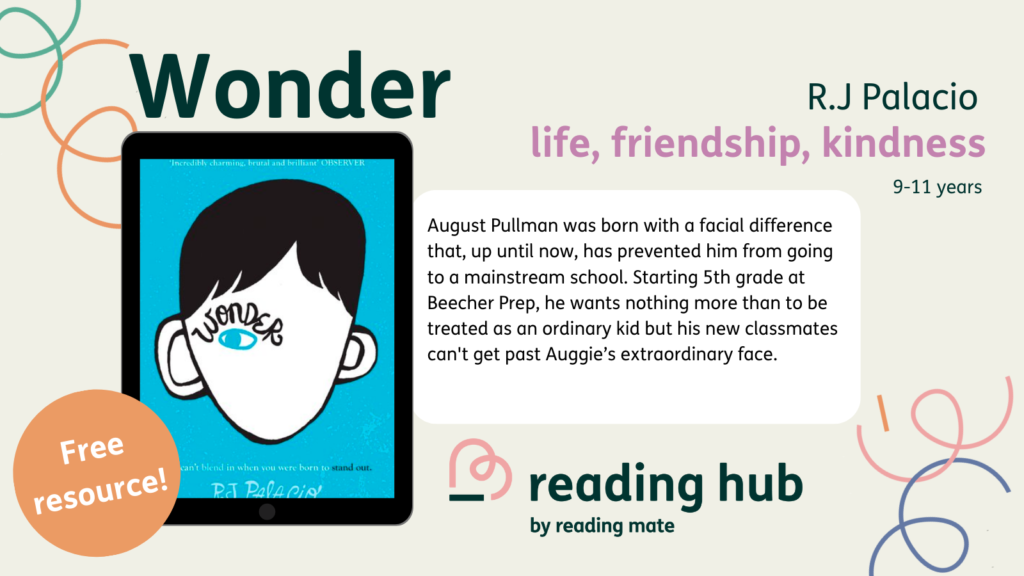When you settle down with your little ones for a story, I doubt you’re monitoring how much they’re understanding the text’s structure, whether they’re paying attention to the grammar or reading for meaning, are you?
And quite right too. Those kinds of observations are for the teacher only and the enjoyment of reading should be extended and supported in the home.
However, that doesn’t mean there isn’t room for you to challenge and support your child’s progress with reading in the home.

What is reading for meaning?
In a nutshell, this is what it looks like:
- Previewing and predicting before reading.
- Actively searching for relevant information during reading.
- Reflecting on learning after reading
Don’t run away yet. I’m going to share with you some really simple and easy hacks to do with your child that can incorporate all of these things with minimal effort from you or them.
How can it benefit my child?
I’m not expecting you to put your teacher hat on (again) BUT i’m pretty sure that you’re already doing many of these things without even realising.
- Exposure to different texts – by introducing a range of increasingly complex texts, your child will become exposed to sophisticated language and they’ll grow to become proficient readers.
- Strengthens skimming and scanning skills – by encouraging your child to search for or remember key information throughout reading, your child will automatically be able to transfer this to other forms of text in multiple situations. They’ll be able to find, assess and use relevant information to assist with their learning and understanding.
- Supports core skills of reading – the combination of predicting, searching and reflecting will help your child with all other aspects of reading too. They’ll be able to make inferences (read between the lines) about situations or characters and deduce (arrive at a conclusion) how they feel about it.
As with any aspect of reading, these skills will help your child in all areas of their schooling and life overall.
Predictions will help them to evaluate social situations or potential dangers, searching for information will give them access to helpful resources and reflection in an invaluable skill that will ensure they’re always able to understand the positives and negatives of any situation.
Developing these skills will not require you to do anything extra, I promise. But it will benefit your child immensely when it comes to their reading.
How do I do this at home?
One way you could practice it is by asking your child to read the sign or look at a display window of a shop and predict what they’re selling or what’s inside. Then get them to search for items or words that gave them that idea. And finally reflect on whether your child thinks it’s obvious or perhaps hard to understand from their sign or display.
If you wanted to do it with reading specifically, you could spend some time looking at the cover of a book together. Read the title, look at the pictures and ask what they think the story is about. Whilst reading, you could ask them to find information about their predictions from the beginning and then at the end see if they were right (reflect). This can be done with picture books or chapter books the components and skills remain the same.
The best piece of advice I could give you is don’t overthink it. And also don’t feel like it’s something you have to do every time you read. It’s just a little tool you could use to push your child’s reading on. But if it ever starts to feel laboured or is sucking the enjoyment out of reading, then stop.

